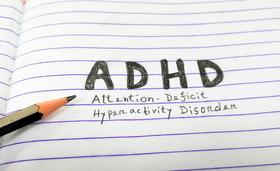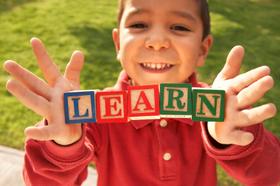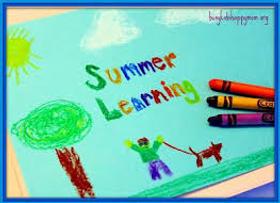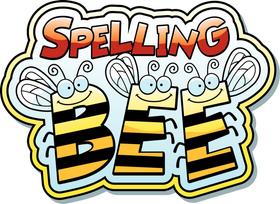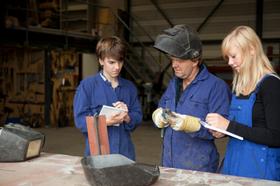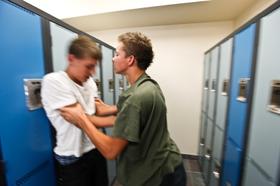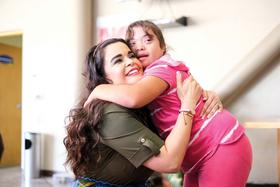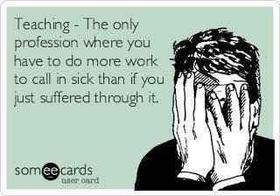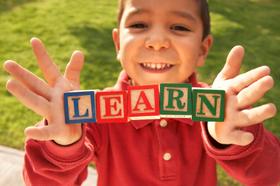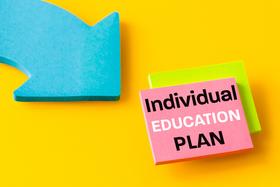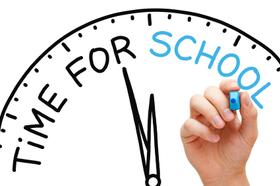As parents struggle to navigate the balance of fostering their child’s autonomy, versus being actively involved, the timeliness and appropriateness of meeting with a child’s teachers is highly dependent upon a child’s age, his or her behavior, and potential special needs. Whether a child is gifted, struggling, or displaying average abilities play a large factor in determining when to intervene and meet with school leaders.
This video offers an example of a parent-teacher conference.
When to Meet with a Teacher
- Collaborating Insights
If you have serious and pressing concerns about your child’s behavior, his or her academic progress, or other specific or general concerns, teachers can provide a great deal of insight into your child’s behavior. According to Terri Mauro, the author of The Everything Parent’s Guide, “If you have a pressing concern that needs to be addressed right away, don't delay in requesting a meeting yourself.”
Surprisingly, teachers may actually see your child at more constant time frames throughout the day than most parents; once kids are at home, they may play with friends away from supervision, or they may play in their rooms with the door closed. As a result, meeting with a teacher to find out his/her observations about your child’s behavior can help ameliorate concerns, and bring problems to the forefront, while working to brainstorm solutions for success.
- Early Communication to Foster Success
According to the Child Development Institute, “The first contact with your child's teacher, in many ways, is the most important. This is the time you are building rapport and developing a relationship of trust.” Because the introductory opportunities of a new parent-teacher relationship are so imperative, a brief note, a phone call, an email, or a face-to-face meeting can be opportunities to establish a rapport. Furthermore, “A good time to contact your child's teacher is during the first week of school. This gives you an opportunity to meet one another when neither has any complaints. Otherwise, the first teacher contact can be unpleasant.”
This video offers tips for a parent-teacher conference.
Since, during the first week of school, teachers probably know very little about your child, parents can be involved and provide helpful information. Also, it’s an added opportunity for parents to communicate full support and cooperation: “Let the teacher know from the start that you want to work with her, not against her so your child will learn. Do not feel you are intruding or asking for special treatment. You are simply indicating that you are truly concerned that your child receives a good education.”
- Using Report Cards and Other Tools for Communication
If you do not have an urgent concern or an emergency situation, then report cards and progress reports are normally accurate indicators of whether or not you should meet with a teacher or take more action to help your child. As Mauro further explains, “try to check in with your child's teacher when you get progress reports and report cards -- depending on your district's schedule, about every five weeks. That should be enough to get questions answered and stay on top of problems without you or the teacher bugging each other to death.” Also, many schools require parent-teacher conferences, which parents should take utilize: “Take advantage of these opportunities, even if your child's grades and behavior are good. So many parents never make contact that teachers welcome those who are interested and involved.”
- Teacher-Requested Conferences
While many parents are proactive in scheduling conferences with teachers, parents also must appreciate that if a teacher requests a conference, then parents need to meet as soon as possible. As the Child Development Institute explains, if a teacher requests a conference, then he or she “is usually calling to describe some unacceptable behavior or report a child's lack of progress and her concern that a learning problem may exist. This kind of contact usually puts a parent on the defensive, and communication can be hampered.”
Again, if faced with this situation, parents must take immediate action to meet with a teacher. Also, under these circumstances, parents should work to keep an open mind, as the teacher most likely does not want to meet out of anger or disappointment, but is moreover hoping to establish a clearly communicated plan for your child’s improvement.
How to Meet with Your Child’s Teacher
- Tips for Successful Communication
As Terri Mauro explains, conferences with teachers can be great opportunities to learn about how your child is doing, both socially, personally, and academically. However, “too often, parents emerge from the meeting realizing that they forgot to ask a particular question, forgot to say something important, or forgot to listen.” To avoid the common problems in teacher meetings, parents should be on time to the meeting and come with an open mind: “If the teacher has called you in for a reason, you've likely heard one side of the story -- your child's. Be willing to hear the other side. You'll learn a lot more if the teacher isn't busy being defensive.”
Paired with the importance of open-mindedness, parents should also strive to listen as much as they often talk. It is tempting to try and tell teachers what your child needs, or what you think your child needs—but parents must keep in mind that teachers are experts with children, and their insight and experience is usually quite accurate.
This video offers 23 questions to ask at your parent-teacher conference.
And as teachers share their insights, parents can come to the meeting with an agenda, listing out the topics for discussion. This ensures that the meeting stays on track and that all potential questions and concerns are answered, so no one leaves the meeting feeling let down.
Also, parents should take notes and discuss a plan of action with the teacher. After discussing a plan of action, a parent should also communicate a follow-up plan, whether that is via email, a follow-up phone conference, or another scheduled meeting. Regardless of the method, communication with teachers is the key to building a stronger relationship and a better support system for your child.
Questions? Contact us on Facebook. @publicschoolreview



